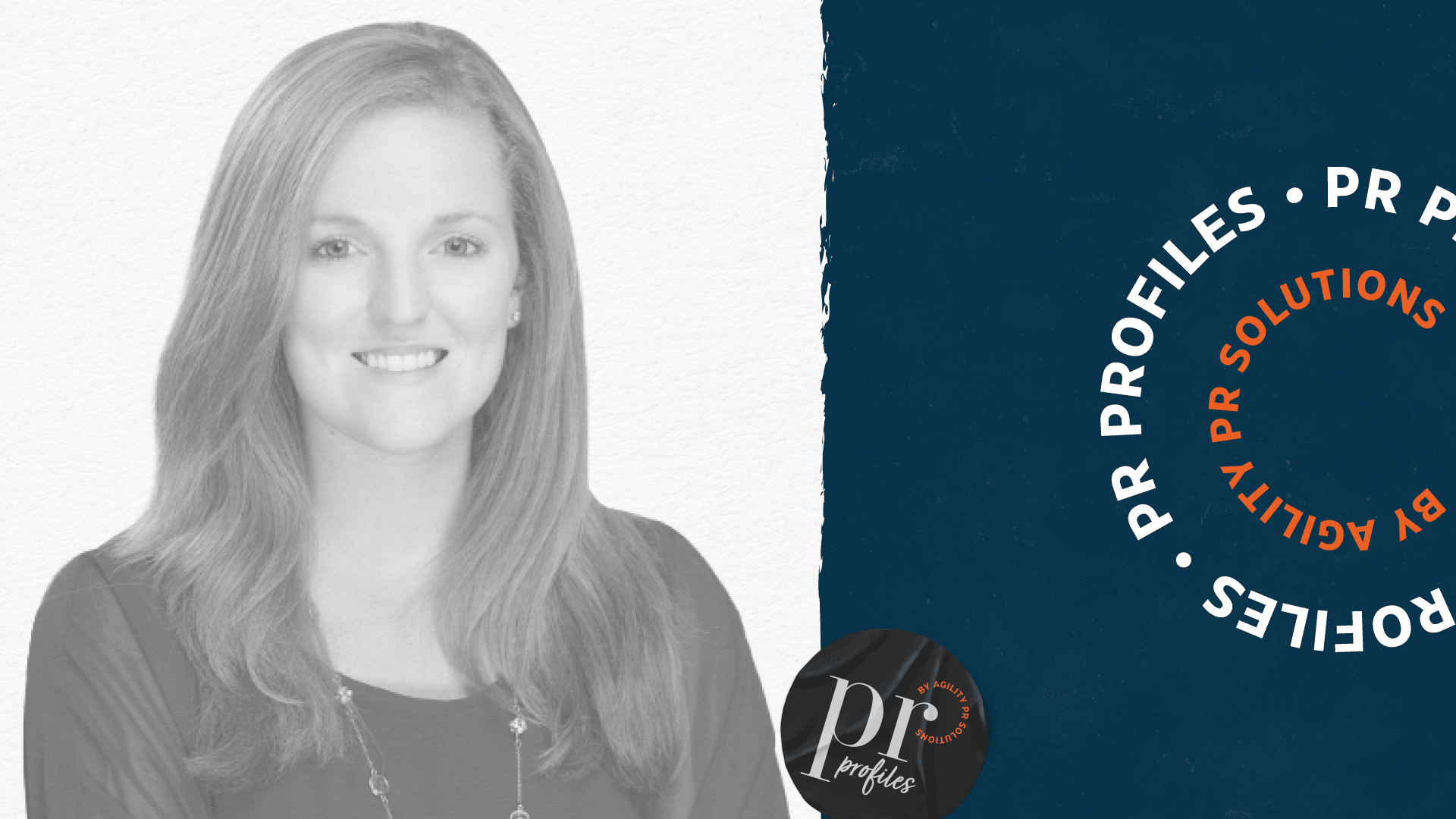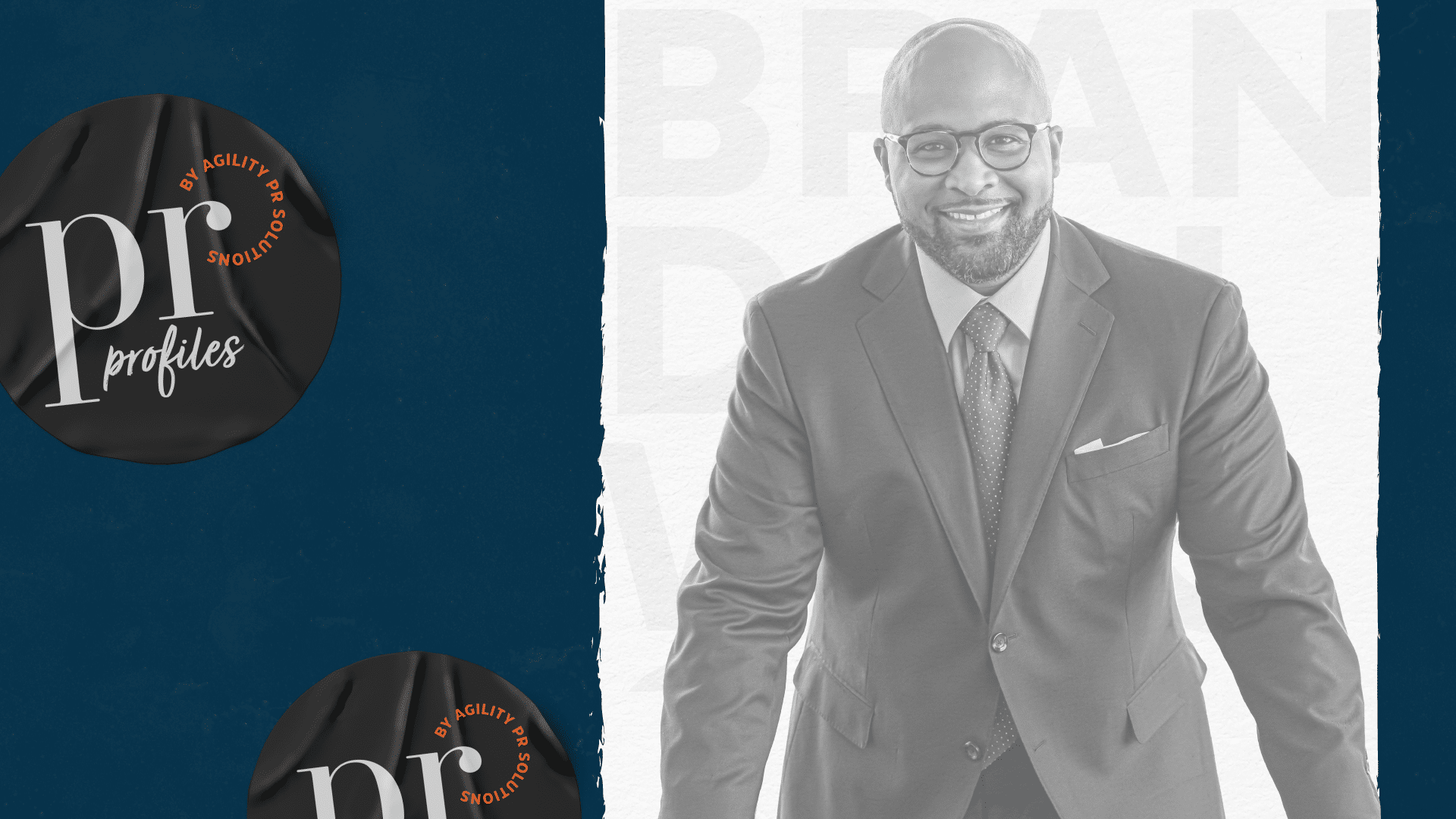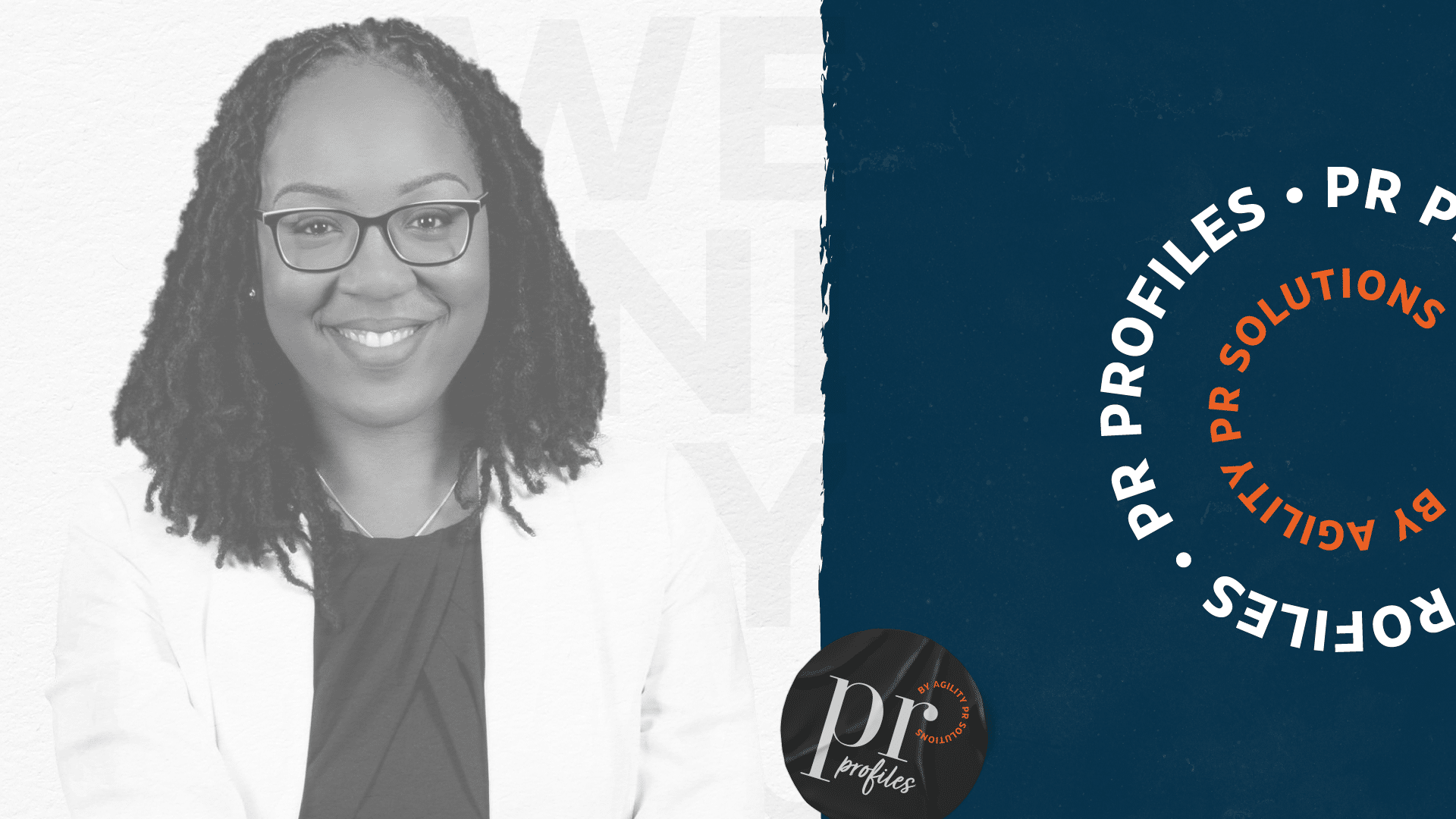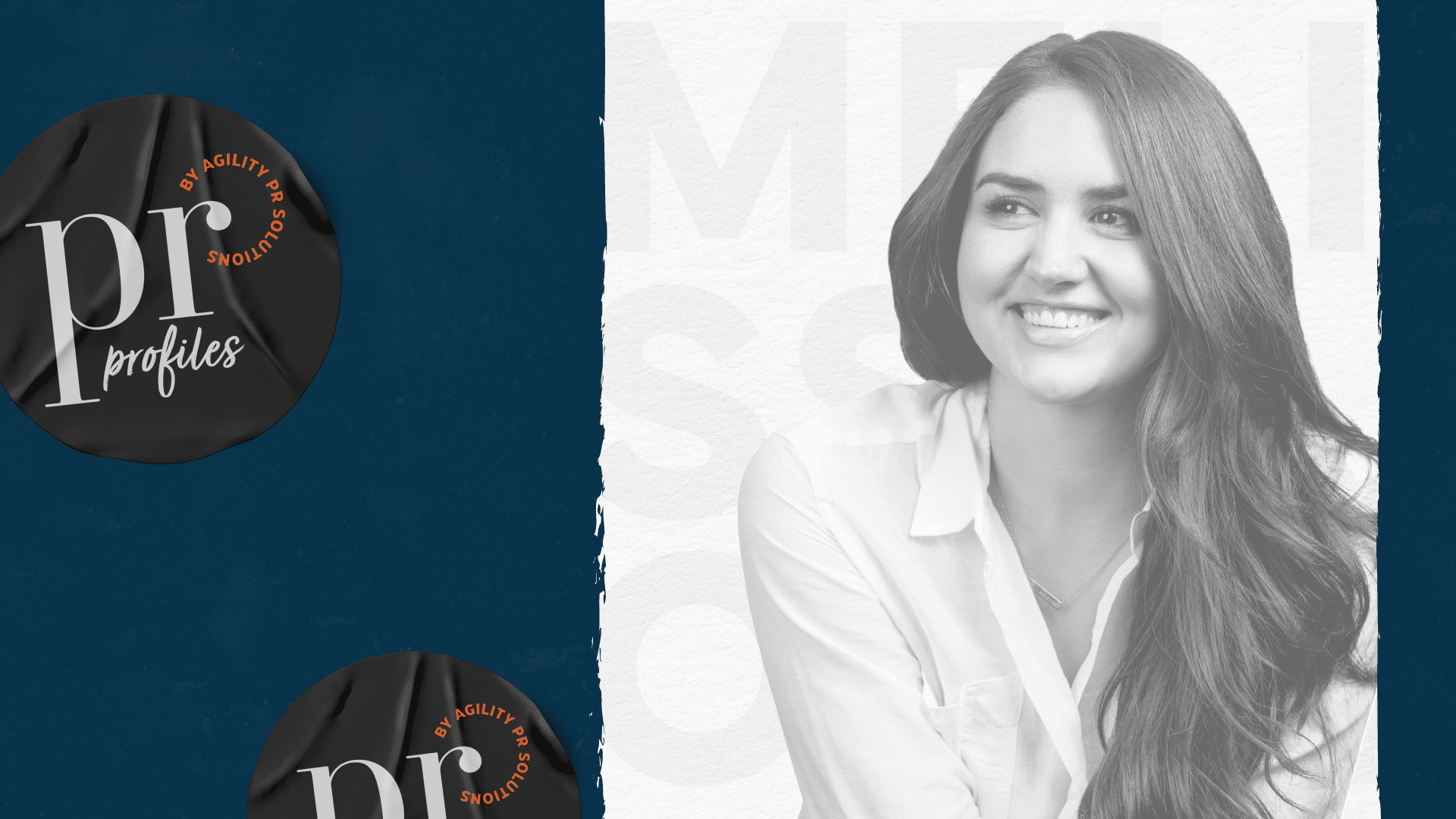In this month’s webinar, “Earn more earned media: Why your thought leadership campaigns must be market research-led”, Miles Clayton, founder of Agility PR in the UK (no relation to us), Miles broke down the mechanics of market research campaigns, which in his experience, typically generate more earned media coverage and work without fail to increase your clients’ profiles.
Why market research?
Miles provides four justifications for using market research as a tool to help differentiate your client in increasingly crowded markets:
- Help them shout louder than the competition
- Showcase their technical expertise
- Showcase their sector/industry knowledge
- Showcase market/consumer insights
The mechanics of a market research campaign
“How are they getting to market?” asks Miles in his presentation. Figuring out your client’s go-to-market strategy is the first point of engagement. “You’ll find some clients of yours will be selling direct, others will be going indirect through possibly single or even dual-tier distribution…And then you’ve got other players who are in one core market.” Once you know who your client is targeting, you can choose the appropriate market research study, whether that’s B2B or consumer.
Miles breaks down the common market research scenarios he typically sees:
Scenario 1: For clients who sell indirect through partners, distributors, and instigators
“You could be running a study to those channel partners to see what it is they’re looking for and what pressures they’re seeing in the market, what products aren’t available at the moment, etc.,” says Miles. “And that might be useful business intelligence for you, but it might be the basis also for coverage in the channel press for example. Or you might one want to go a step further and get end-user B2B market research. I’ve had scenarios where I’ve worked with vendors where we’ve been doing both of those things at different times.”
Scenario 2: For clients focused on one core market
“Consumer market research can be incredibly powerful because you are garnering insights which are of interest to your client’s prospects,” says Miles. “And of course, this is media gold as well because if you are actually able to understand what consumers want or what are struggling with, that’s the sort of material that the national press will also be interested in.”
There is still room to conduct a B2B study with this type of client as well, especially “if you want to show your clients what the rest of the market is struggling with—basically what their competitors are struggling with.”
Scenario 3: For clients who are hitting multiple markets at once
“Then a B2B study is sensible,” says Miles. “You can do a compare and contrast on the different verticals, levels of adoption, levels of concern, about particular problems, et cetera. Those are the scenarios that I see most common in terms of go to market strategies, which map on to a definite benefit.”
Thought leadership and market research
Another benefit of marker research, “is to make your client an instant expert,” says Miles. “If you’ve done a market research study, you can be quoted as the provider of that study. It’s instant authority. It also means that when you write thought leadership articles, you can quote your own research as well as other people’s research.”
In addition to becoming ‘the expert’, Miles also says that conducting market research and releasing the results shows that your client cares and is engaging with their market. “It says, ‘we are worth listening to because we’re investing in gathering thoughts, insights, and data from a representative sample of your peers or even potential consumers and we are sharing the results of all that with you for free’.”
Earn more earned media with market research campaigns
In Miles’ 20+ years of experience running market research-led campaigns, he’s found that “they typically generate at least twice as much media coverage as a business-as-usual media relations campaign.”
Attracting media attention begins long before you’re ready to pitch. “Try to think in terms of building surveys which will deliver results which will automatically be of interest to the media,” says Miles. “Think about news values and the sorts of headlines that you are hoping and looking for during the question setting.” And unlike some media relations campaigns, market research campaigns, “give you at least two concrete opportunities to go to the media. The first is when you initially launch the results, and the second, perhaps a few months later, is when you launch a management report or a bigger study, which is based on all the findings that you’ve garnered.”
For more on the topic of market research-led campaigns, plus an example of a campaign Miles worked on with his client GaiaLens, watch Miles’ webinar free and on-demand.







